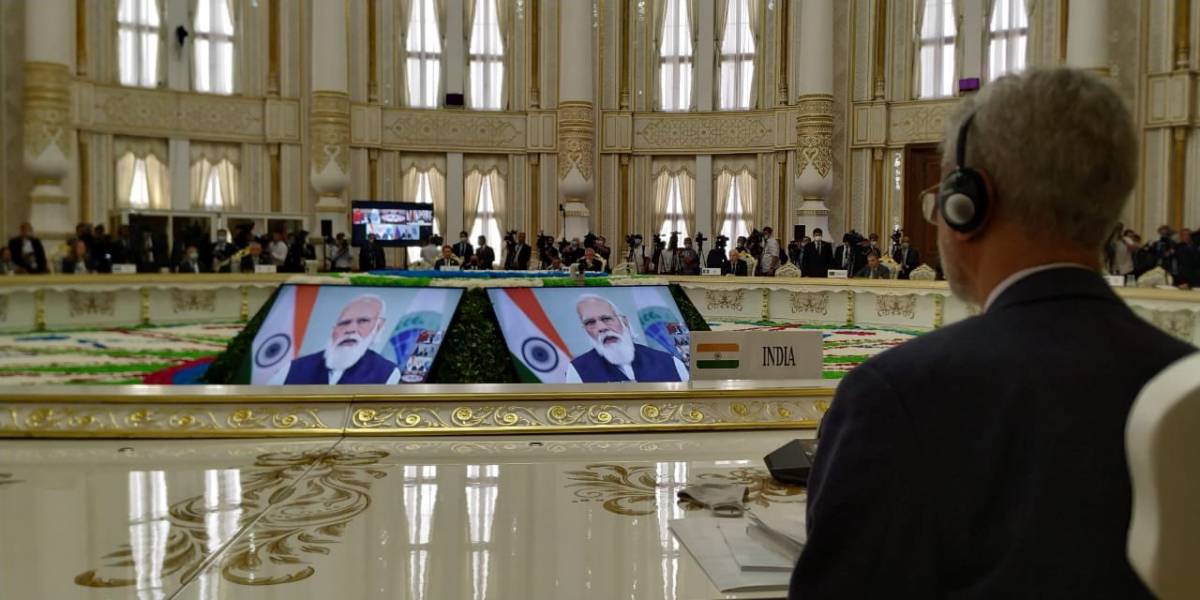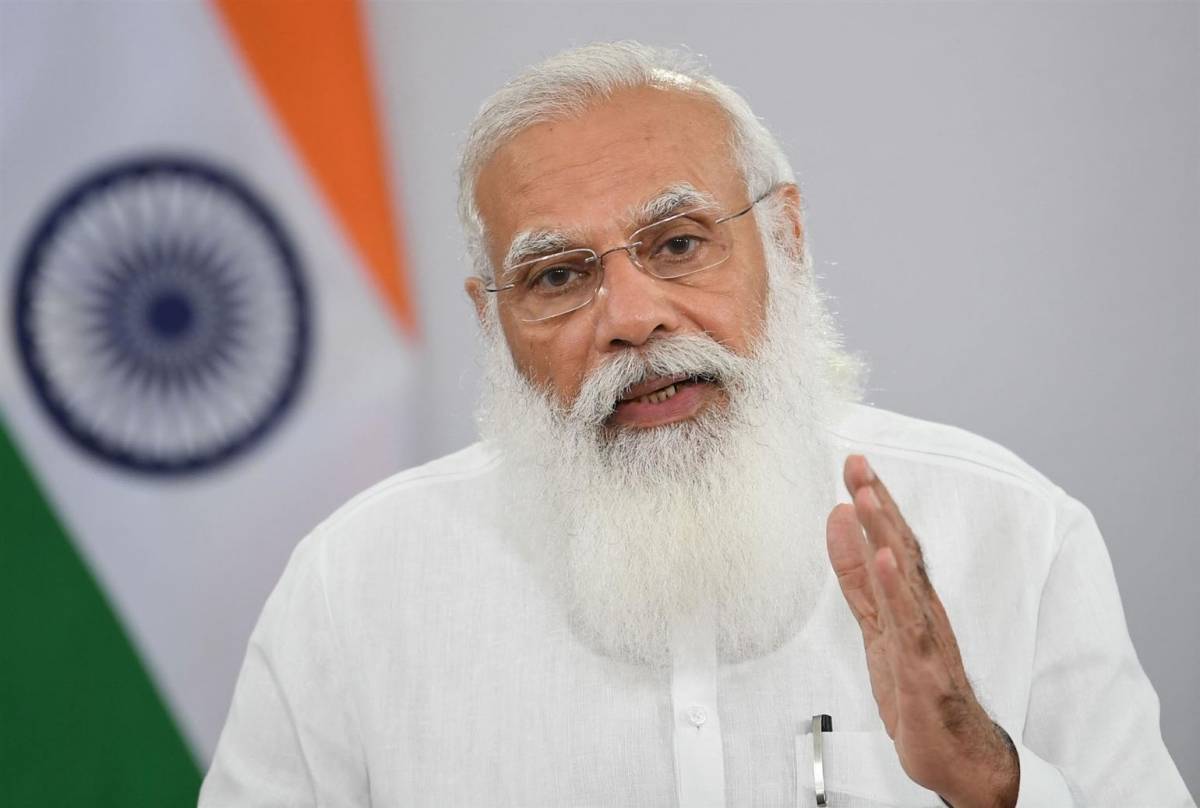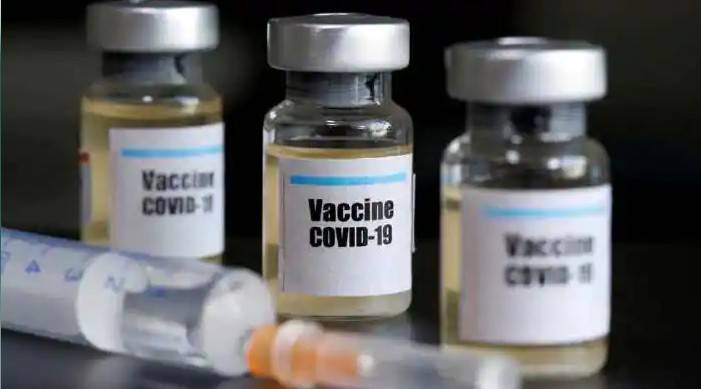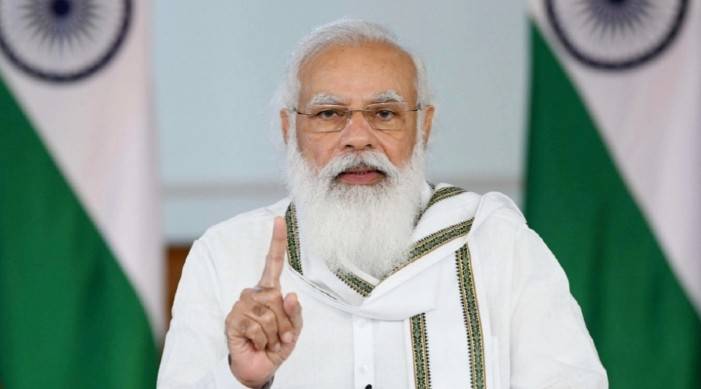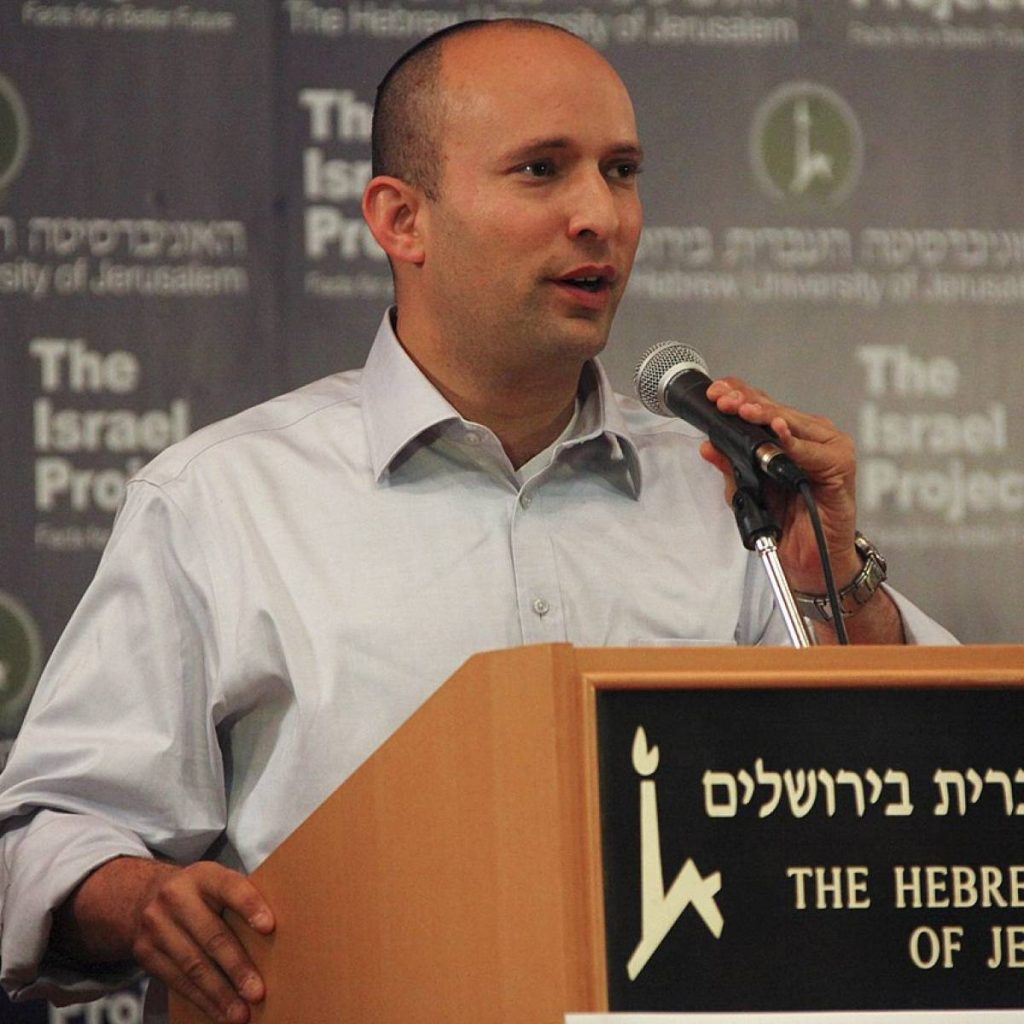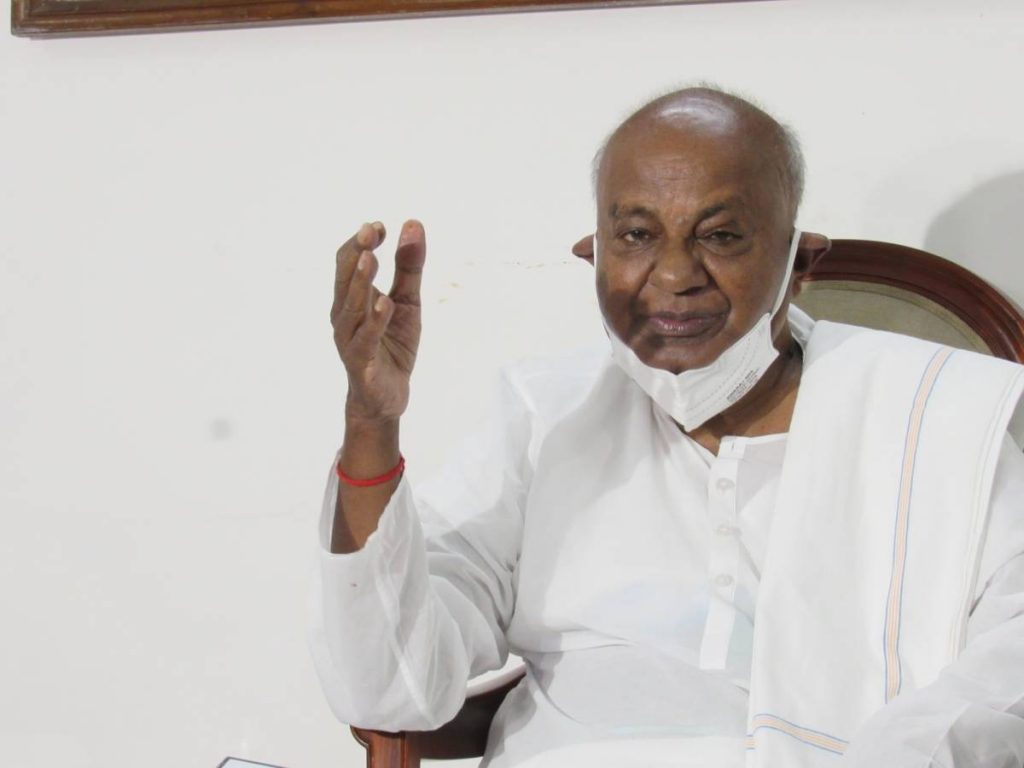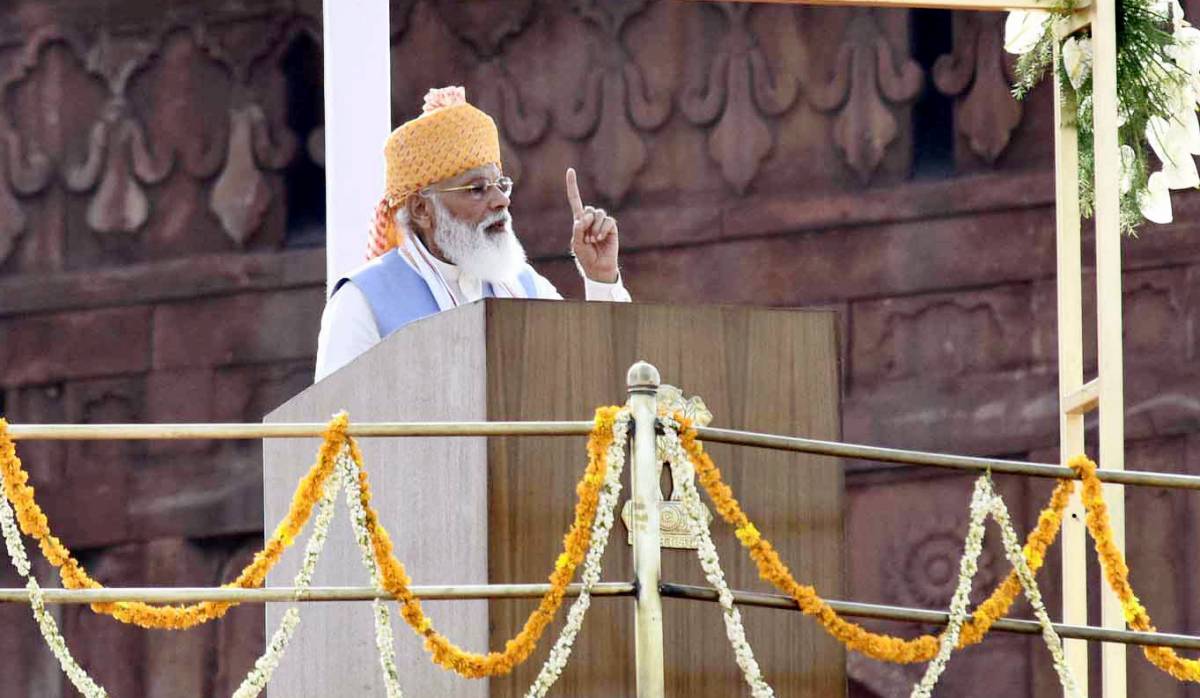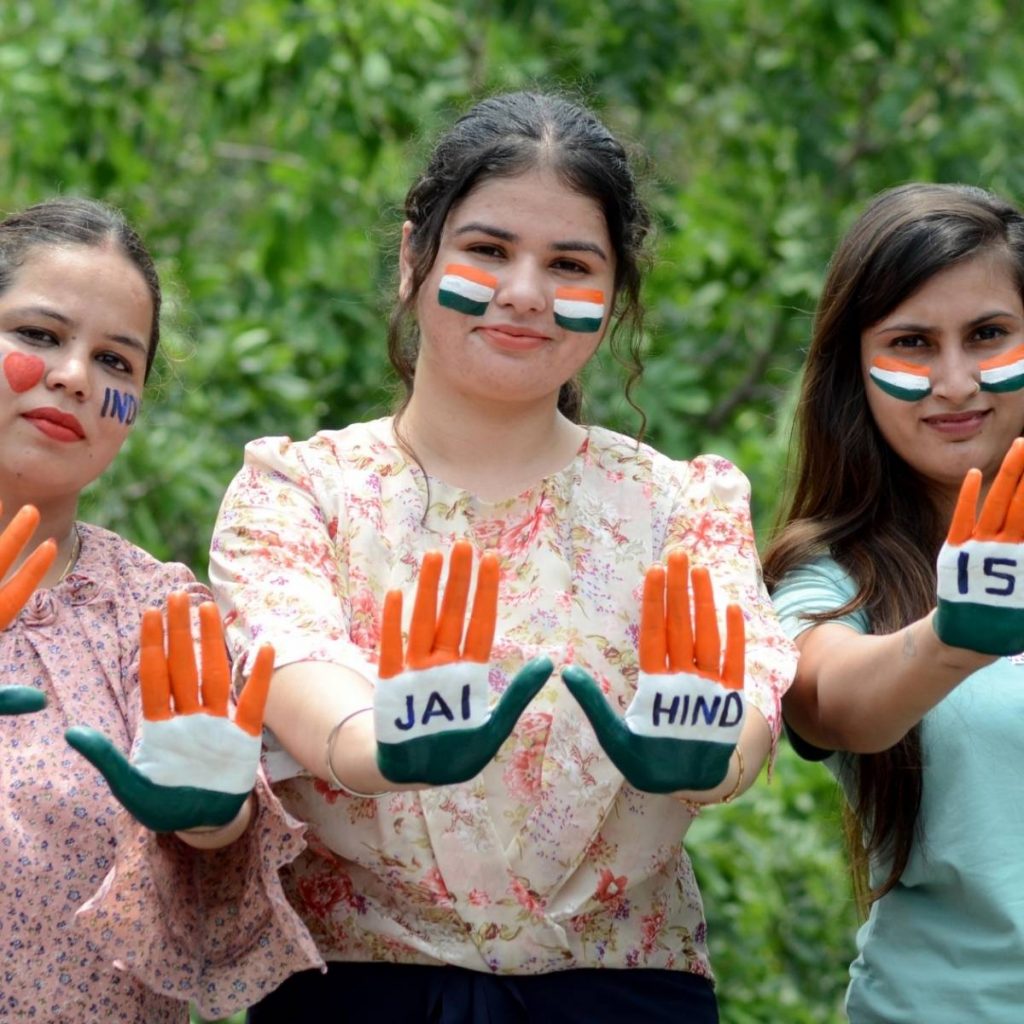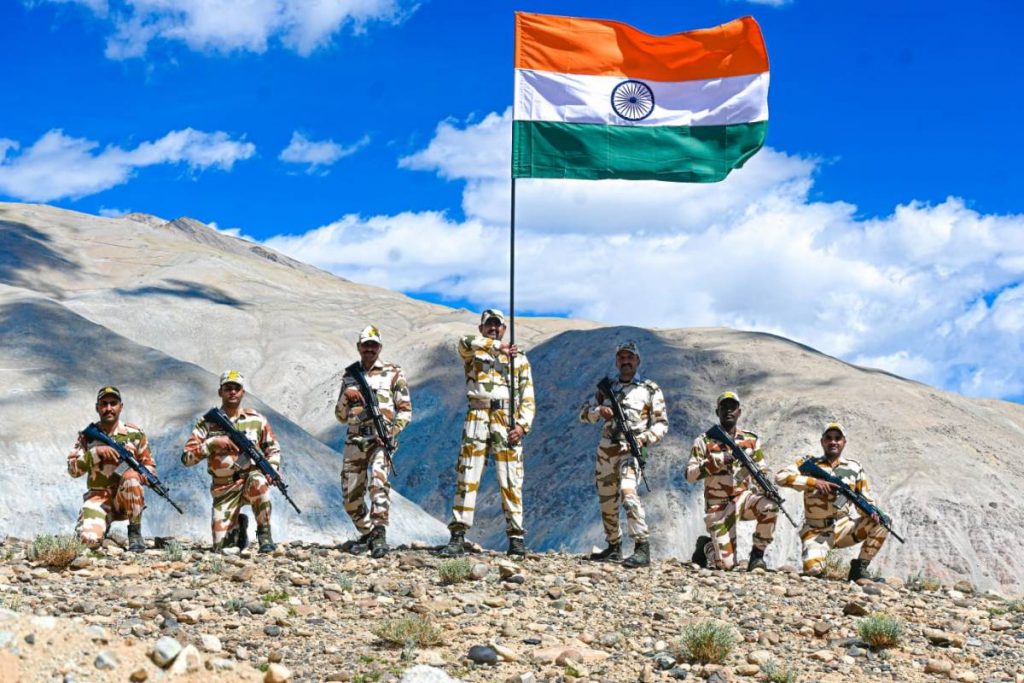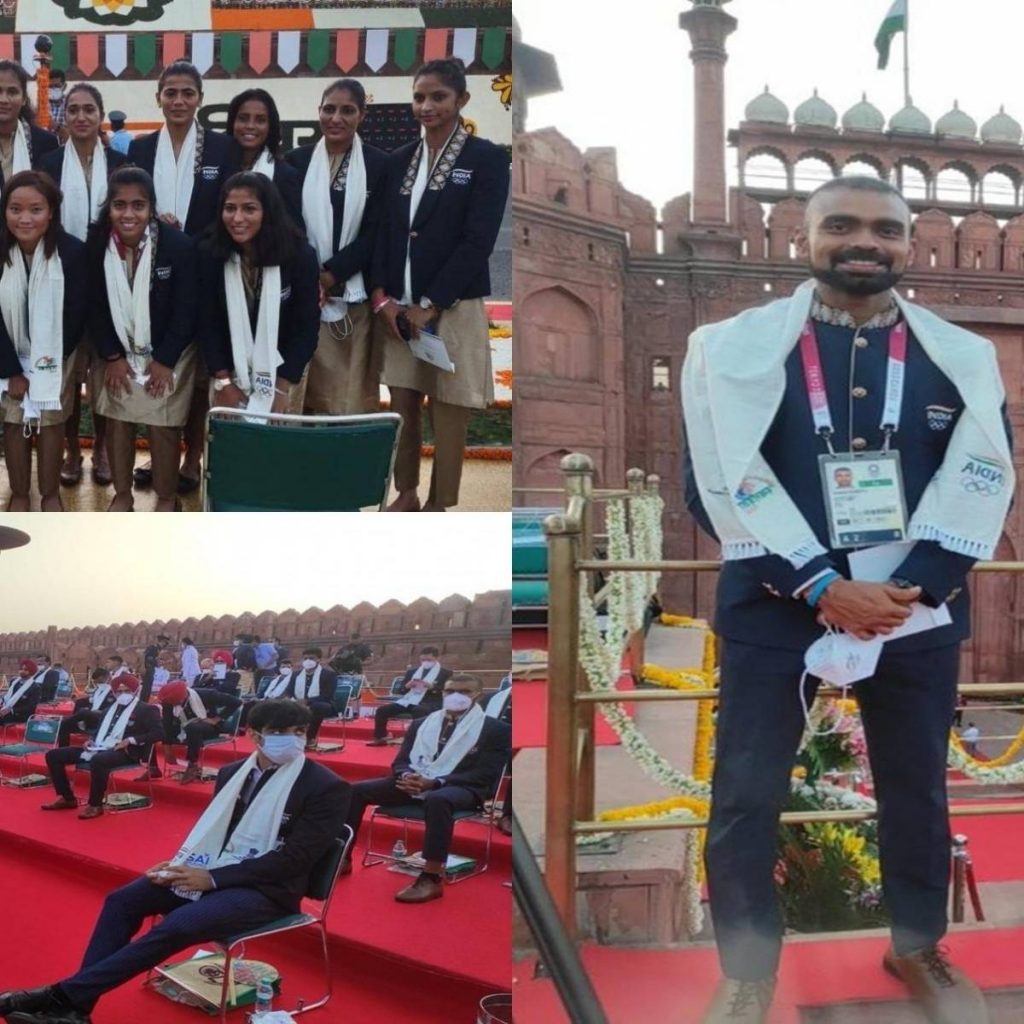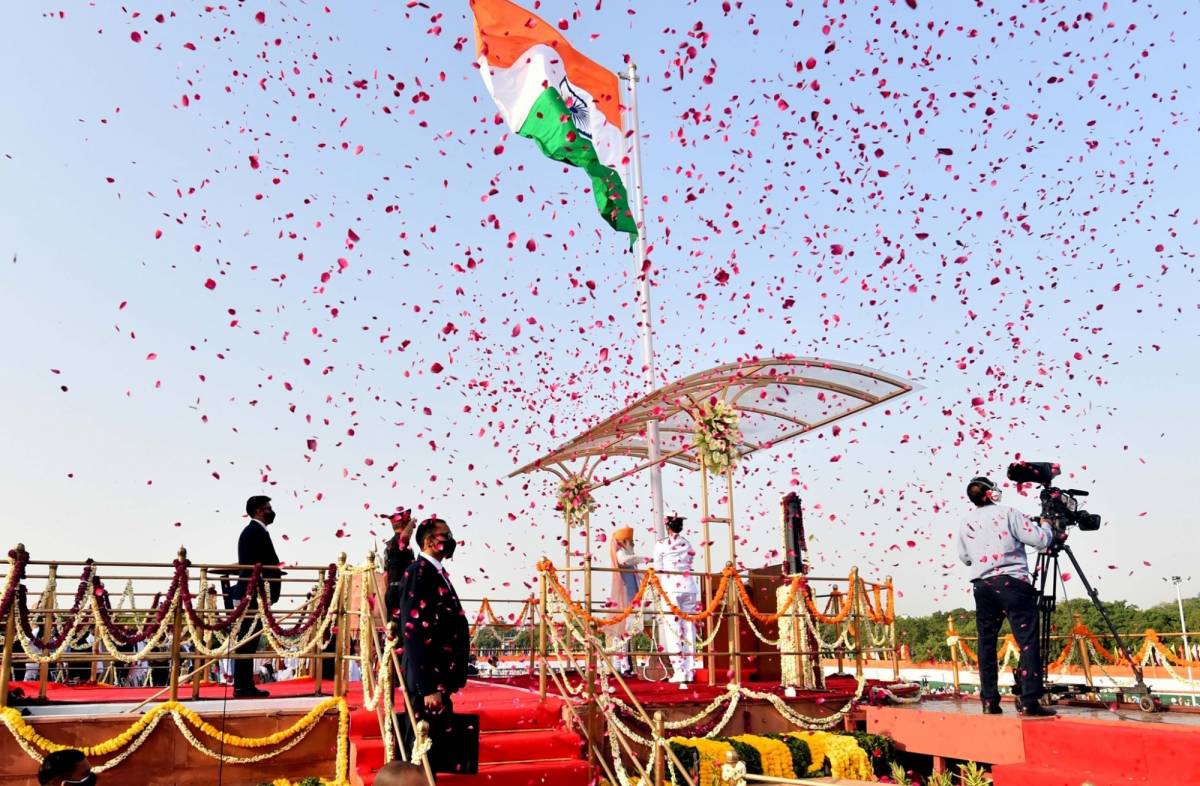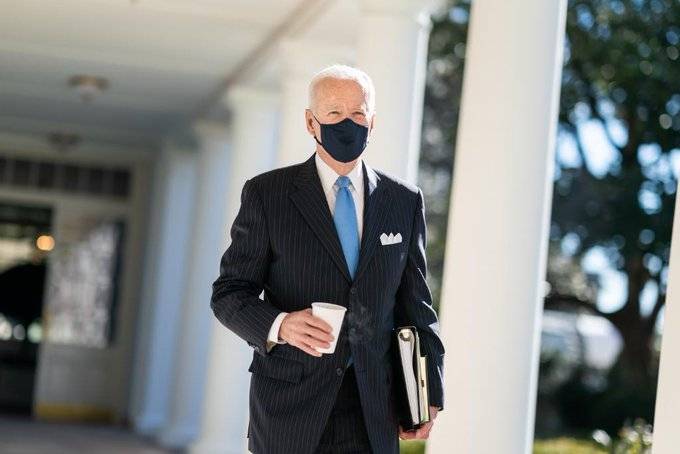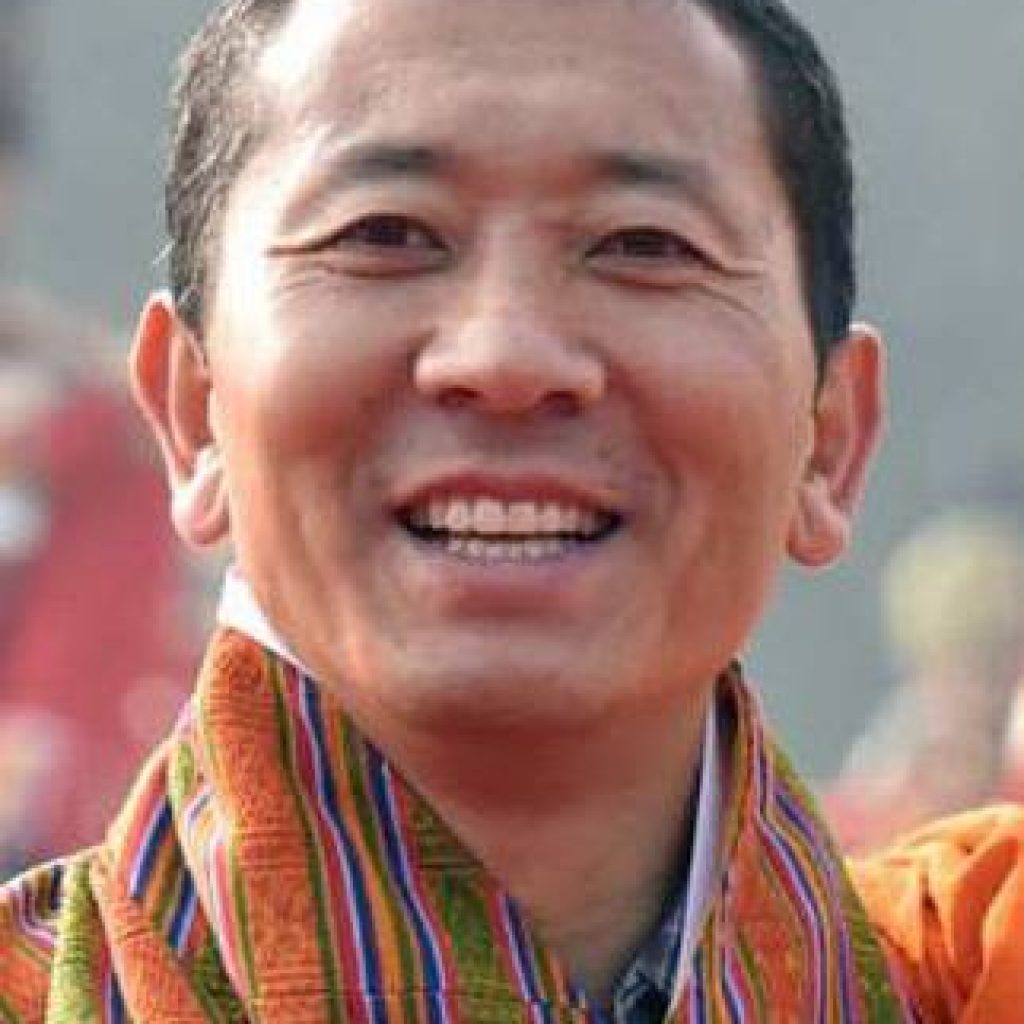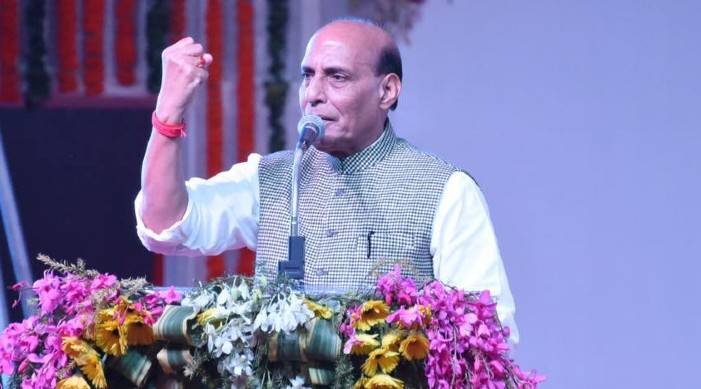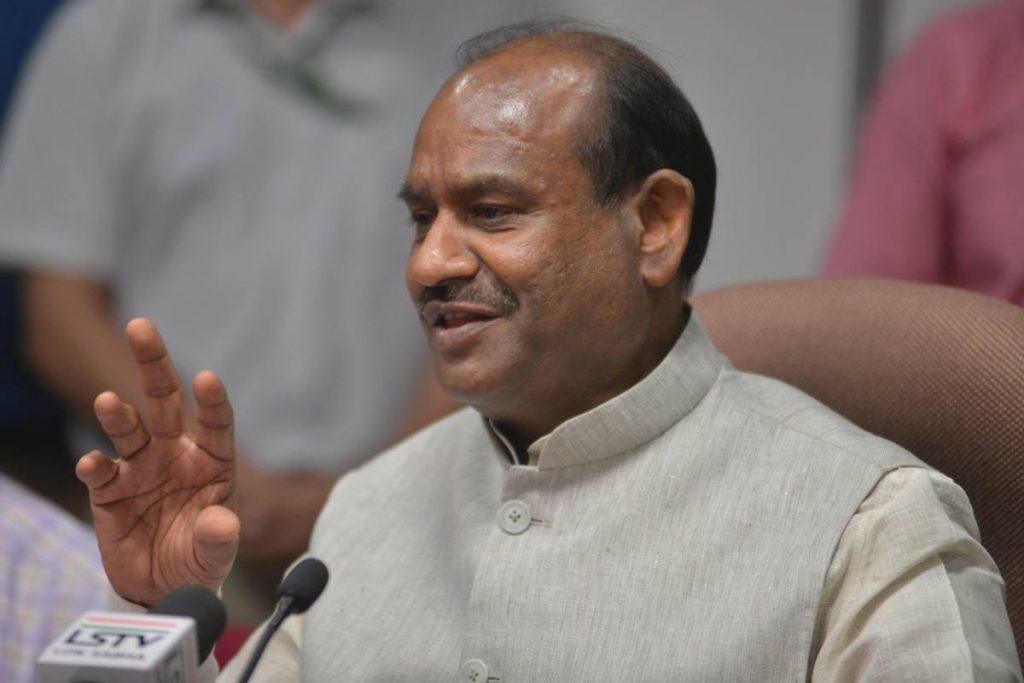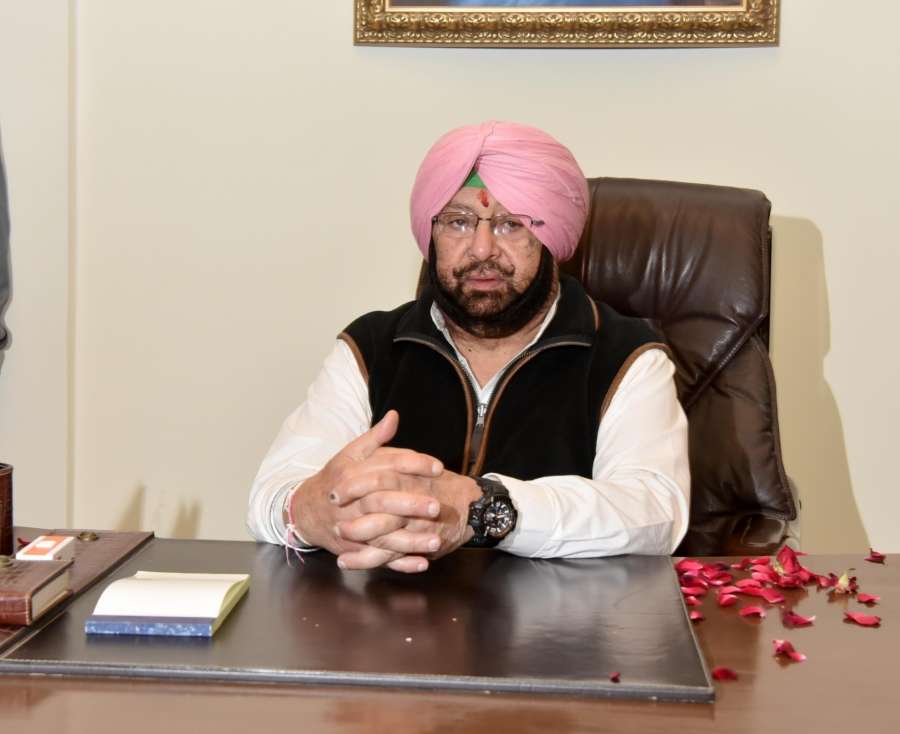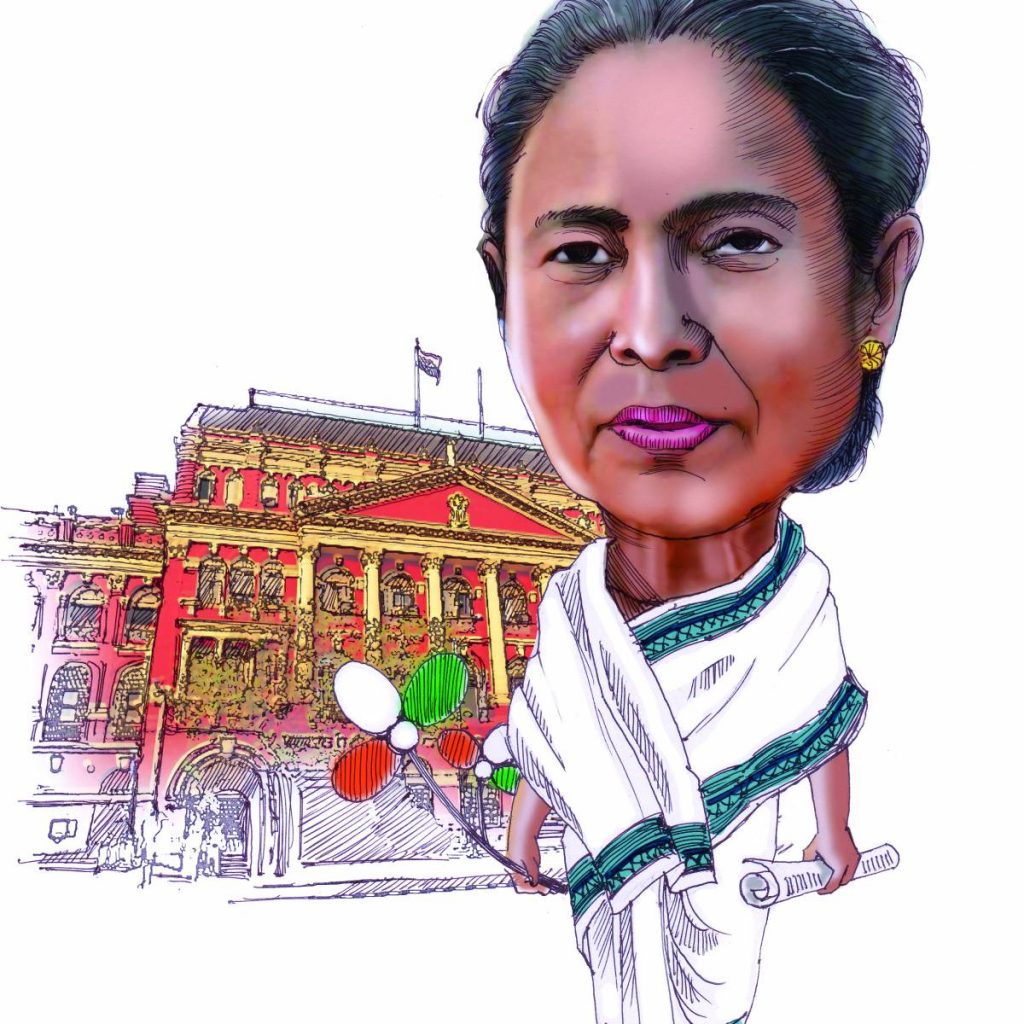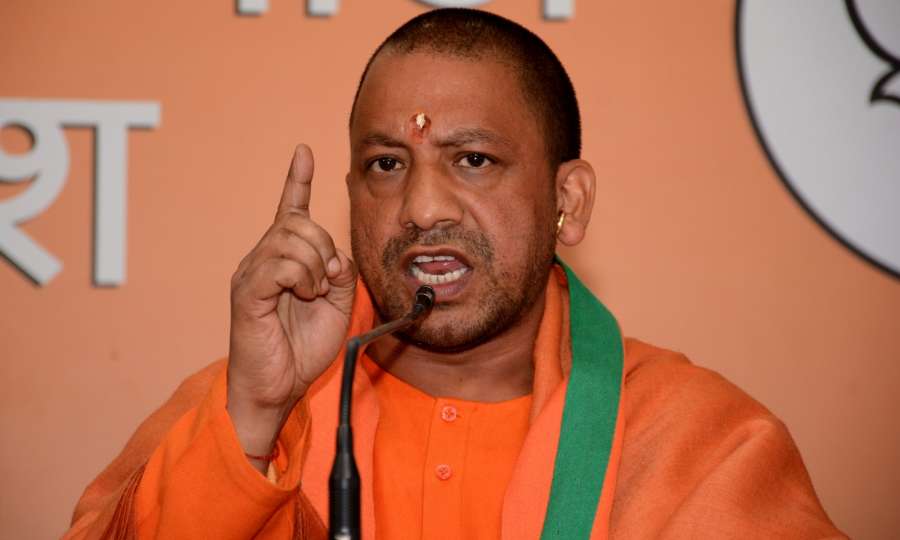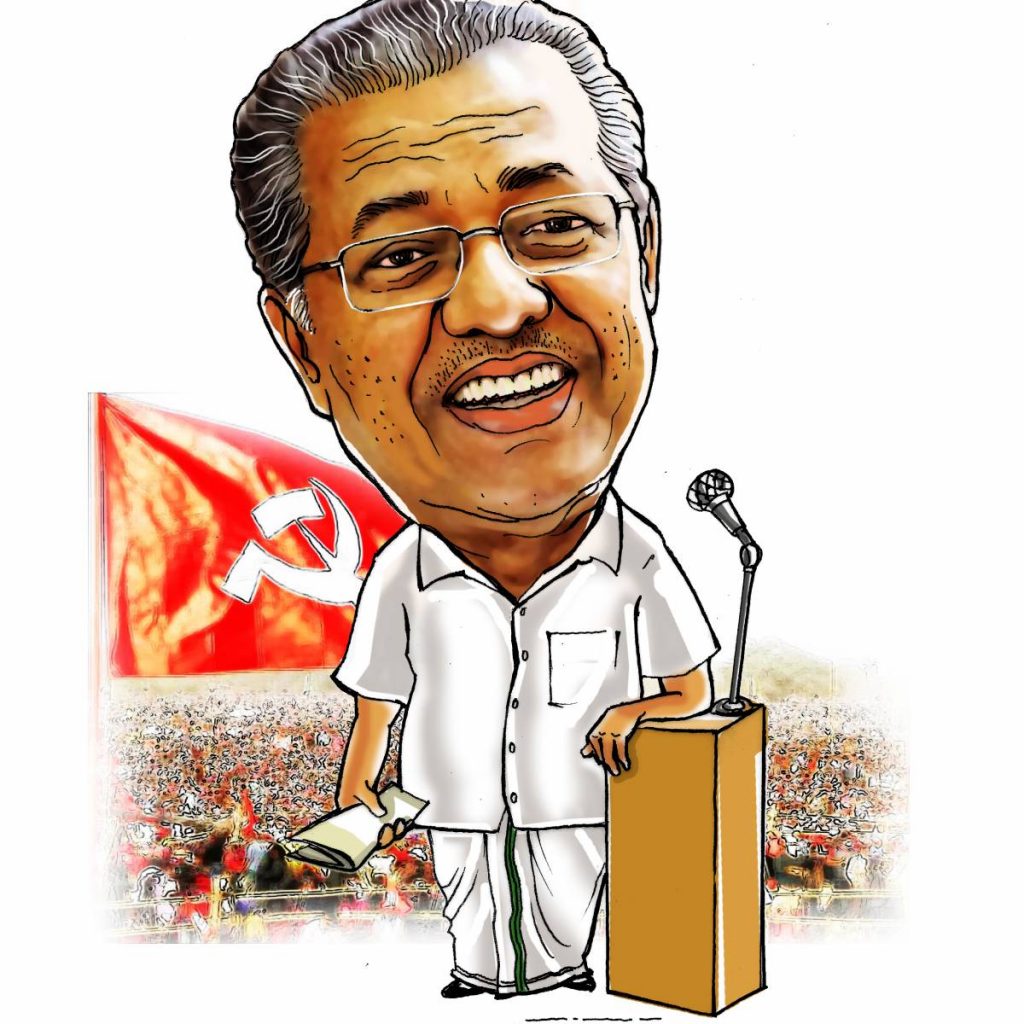Modi tweeted after his virtual interaction with French President Emmanuel Macron that they discussed “closer collaboration between India and France in the Indo-Pacific”, reports Arul Louis
Prime Minister Narendra Modi and External Affairs Minister S. Jaishankar on Tuesday held discussions on the Indo-Pacific with leaders of France, whose relations with the United States is fraying over Washington’s actions in the region.
Modi tweeted after his virtual interaction with French President Emmanuel Macron that they discussed “closer collaboration between India and France in the Indo-Pacific”.
“We place great value on our strategic partnership with France, including in the UNSC (Security Council),” he said.
Macron responded in an effusive tweet, “Thank you for reaffirming the importance of our strategic partnership. India and France are strongly committed to making the Indo-Pacific an area of cooperation and shared values. We will continue to build on this.”
He prefaced it by writing in Hindi, “Namaste priya saathi, priya mitra (Namaste dear comrade, dear friend).”
In New York, Jaishankar began his round of diplomacy on the sidelines of the UN General Assembly High Level Week on Tuesday by meeting French Foreign Minister Jean-Yves LeDrian.
He called Paris a “strategic partner” and said at the Security Council the two countries are “solid partners”.
Jaishankar tweeted after the meeting that they had a comprehensive discussion “on Afghanistan, Indo-Pacific and other contemporary issues”.
He later met with Quad partner and Australia Foreign Minister Marise Payne and tweeted that they “took forward the strategic conversations” from their last meeting.
He added that he “was apprised of the recent developments in the Indo-Pacific”.
On Friday, Prime Minister Narendra Modi is scheduled to participate in a Quad summit with US President Joe Biden and Prime Ministers Yohihide Suga of Japan and Scott Morrison of Australia, the allies in the Indo-Pacific region.
India, which has strong defence ties with France that sells it advanced aircraft, is caught in the middle of the dispute between its Quad partners, the US and Australia, and France.
France recalled its ambassadors from Washington and Canberra protesting against the manner in which Biden’s administration worked out a plan to provide Australia with nuclear-powered submarines undermining a contract worth more than $50 billion for France to supply submarines to Australia.
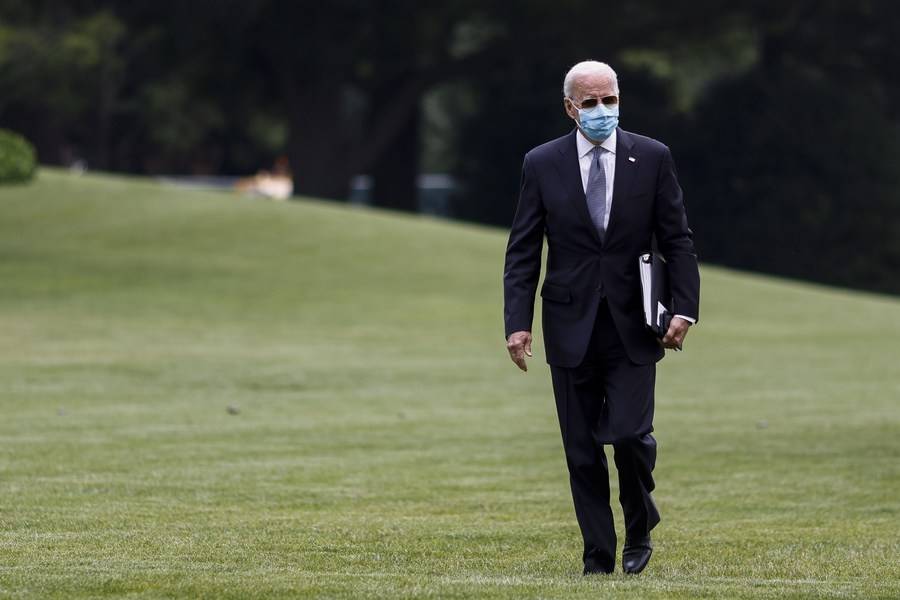
LeDrian has called it a “back-stabbing” and said that Biden’s “brutal, unilateral and unpredictable decision” reminded him of former President Donald Trump’s “America First” policies.
France has to ensure that India, one of its biggest defence clients, is not wooed away through its close Quad ties.
Underlining France’s concerns over India and the Indo-Pacific, Jaishankar and LeDrian held a phone conversation last Saturday.
Closer in the Indo-Pacific region, Jaishankar met with Indonesia’s Foreign Minister Retno Lestari Priansari Marsudi, whom he described in a tweet as “a key ASEAN partner”.
He said that they discussed regional developments and added, “Shared interests and common perspectives drive our strong cooperation.”
Jaishankar also met with Foreign Ministers Hossein Amirabdollahian of Iran and Sameh Shoukry of Egypt in a morning of whirlwind diplomacy.
Iran is a direct neighbour of Afghanistan and developments there impact it as it does India.
The “meeting reaffirmed our convergence on regional issues”, Jaishankar tweeted.
India has routed aid to Afghanistan through the Chabahar port it is developing in Iran.
Besides agreeing to build on bilateral cooperation, Jaishankar tweeted that he and Shoukry exchanged views on Afghanistan and the GERD (Grand Ethiopian Renaissance Dam).
Egypt and Sudan are locked in a dispute with Ethiopia over a dam project, which they say can disrupt the Nile on which they depend for their water.
ALSO READ-AUKUS doesn’t have any impact on QUAD: India
READ MORE-Biden says Quad partnership ‘elevated’, US will defend allies



